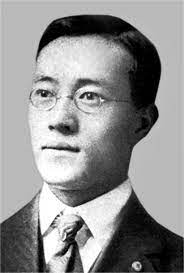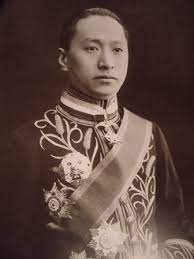Chang Hsueh-liang 張學良 T. Han-ch'ing 漢卿 Chang Hsueh-liang (1898-), known as the Young Marshal, was the son of Chang Tso-lin (q.v.), from whom he inherited control of Manchuria in 1928. In 1936, Chang Hsueh-liang detained Chiang Kai-shek at Sian in an attempt to persuade the National Government to form a united front with the Chinese […]









